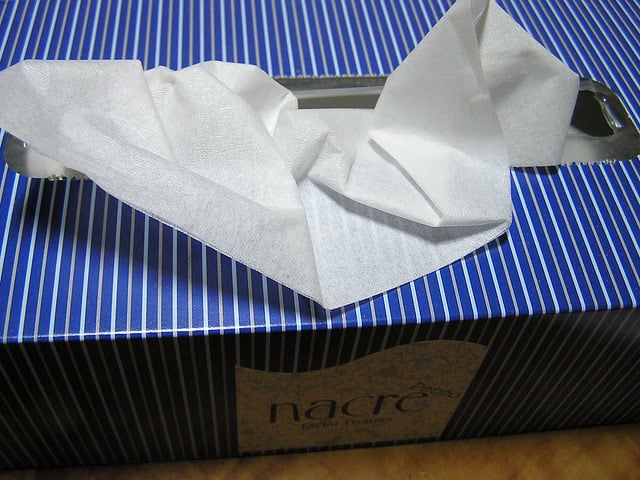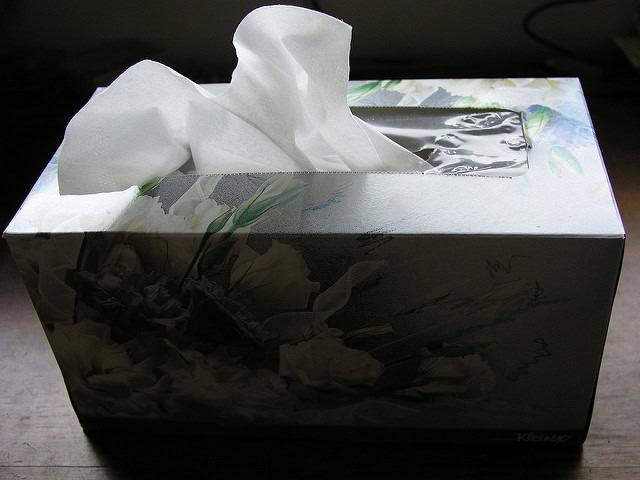Tag: health
-
Update: COVID-19 wind playing resources
In a recent blog post I offered a few personal thoughts on wind playing and the COVID-19 crisis, and began listing some articles and resources related to the topic. I have now moved those to a separate and freshly-updated page. If you are aware of other resources, feel free to bring them to my attention …
-

Wind playing and contagious diseases
—
in CareerI’m not a (medical) doctor or disease expert of any kind, but I’ve been thinking a bit about the instruments I play and the risks of catching or spreading disease. (At the time of this writing, Covid-19 is foremost in many people’s minds.) I’m presenting a few thoughts here in hopes that people with real …
-
My studio “fresh air” policy
—
in EducationLast year I posted a small sign on my studio door: Fresh air policy If you smell of tobacco, alcohol, or illegal drugs, you will not be permitted to enter my office, whether or not you were the one using those substances. If your grade depends on you being here for a lesson, coaching, or …






